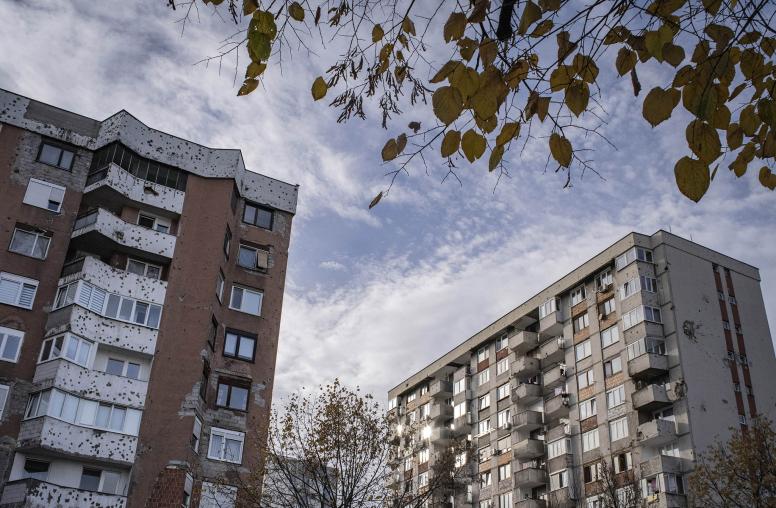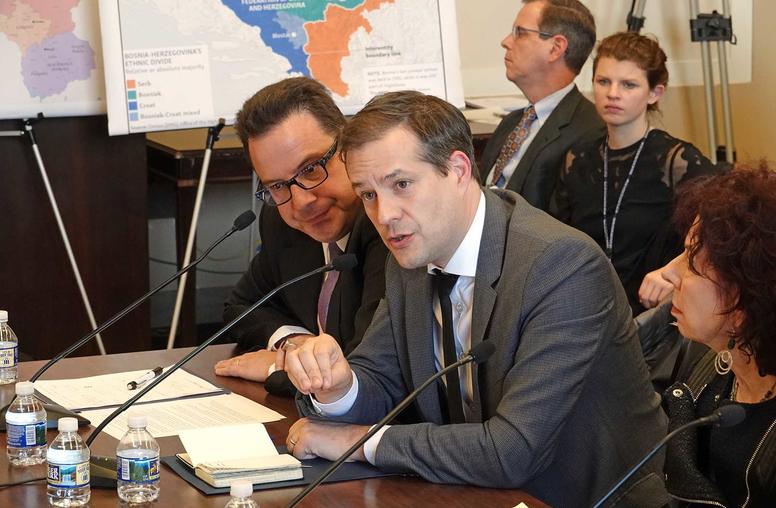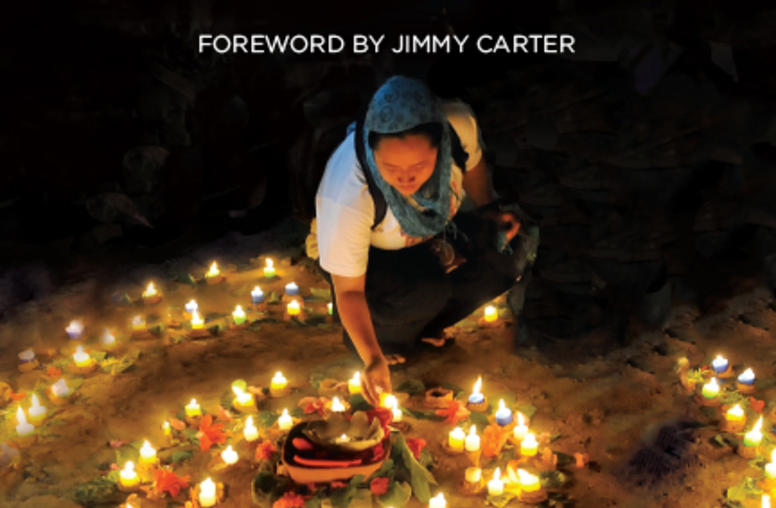NGOs and Peacebuilding in Bosnia's Ethnically Divided Cities
This report begins with an overview of the political boundaries in many of Bosnia's municipalities that have prevented postconflict reconstruction and reconciliation. The next section describes effective and ineffective strategies among aid donors and humanitarian-relief NGOs operating in these locales, followed by a case study of successful grassroots programs in the city of Gornji Vakuf. The report concludes with recommendations for NGOs and donor organizations.

About the Report
The United States Institute of Peace has devoted a major amount of programming, largely through its Bosnia in the Balkans Initiative, to discovering ways of facilitating the Dayton Accords' implementation. Though much effort to reconstruct war-torn Bosnia lies outside of the accords, they nevertheless affect how reconstruction and reconciliation are carried out.
After nearly two years of managing a multiethnic reconstruction program on behalf of the United Methodist Committee on Relief (UMCOR) in the Bosnian city of Gornji Vakuf, Julia Demichelis, the author of this report, spent three months interviewing Bosnian officials, donor representatives, and other nongovernmental organization (NGO) project managers and community participants in grassroots reconstruction programs to discover the organizational and political obstacles to investment in community-based peacebuilding in more than twenty divided Bosnian communities.
This report is the product of a United States Institute of Peace grant awarded to UMCOR to fund Ms. Demichelis's research. It begins with an overview of the political boundaries in many of Bosnia's municipalities that have prevented postconflict reconstruction and reconciliation. The next section describes effective and ineffective strategies among aid donors and humanitarian-relief NGOs operating in these locales, followed by a case study of successful grassroots programs in the city of Gornji Vakuf. The report concludes with recommendations for NGOs and donor organizations.



